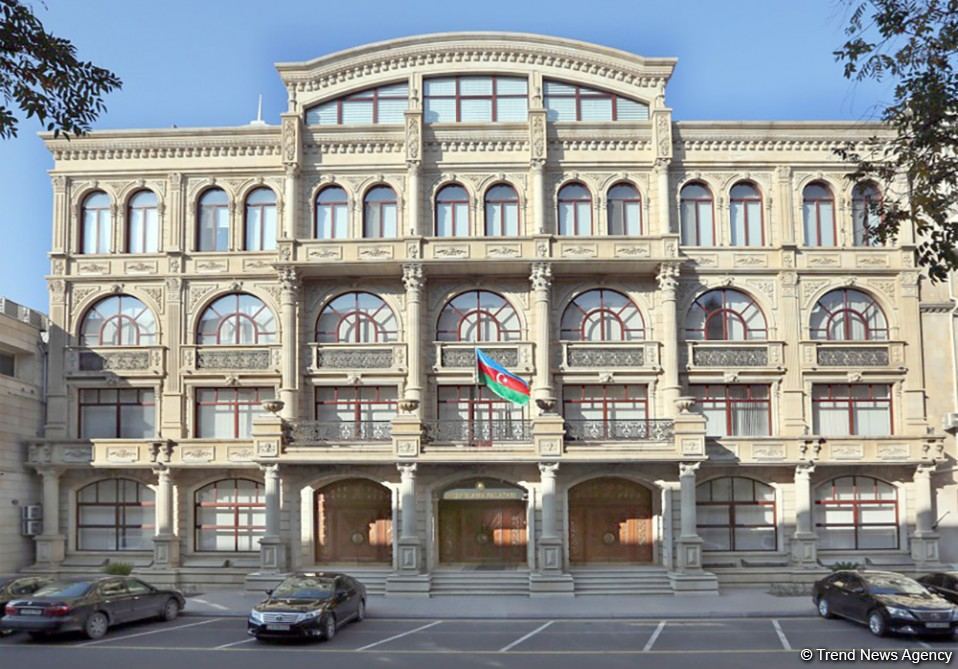BAKU, Azerbaijan, December 7. The Azerbaijani Accounts Chamber published the results of the audit of public funds and property management at the Azerbaijan National Agency for Mine Action (ANAMA), Trend reports on December 7 via the chamber.
In accordance with the work plan for 2022, the activities of ANAMA from January 1, 2021 to July 1, 2022 were covered by state financial control measures.
According to the chamber’s report, a significant increase in the need for mine and unexploded ordnances’ clearance activities compared to previous years has contributed to expansion of ANAMA’s activities, with special attention paid to strengthening the material and technical base and human resources within modern requirements.
Speaking about the audit results, the Accounts Chamber noted that the executed contracts within the framework of the state order in connection with payment contained clauses that didn’t correspond to the essence of the state order.
Besides, the financing of de-mining activities didn’t fully comply with the criteria of the legislation governing relations between a client and a contractor. With the full financing of the contract amount, the state order for 2021 was fulfilled at the level of 88.5 percent, which occurred due to the completion of the process of identifying additional legal entities applying for de-mining work and drawing up contracts for the transfer of orders at the end of the year and, as a result, non-fulfillment of the orders by third-party legal entities.
At the same time, as of December 10, 2021, when contracts were concluded with four local legal entities which concluded two-year contracts under the same conditions as through the single-source procurement method for the purpose of clearing the liberated territories of mines and unexploded ordnances, the necessary labor resources and material and technical base weren’t available.
According to the collected audit data, prices proposed and set by contracts (price proposals of performers), along with current costs, included the full amount of capital costs (purchase of equipment and machinery), which gave reason to say that this to a certain extent influenced the prices.
Furthermore, 96,200 manat ($56,590) was excessively paid in a number of cases with the installation of containers for mobile field camps and modular bases within the framework of public procurement for carrying out work on the clearance of liberated territories of mines and unexploded ordnances, the supply of spare parts and maintenance of vehicles and equipment, and non-compliance with the amounts of fines under contracts with deferred execution.
Automated (through software) accounting of stocks for actual cases of storage, commissioning, reuse, and others, wasn’t envisaged. Contrary to the requirements of legal acts, the calculation and payment of taxes to the state budget in the amount of 504,500 manat ($296,760) wasn’t ensured, the relevant reports didn’t relate the value of assets worth over 1.9 million manat ($1.12 million) received on a gratuitous basis to incomes.
During the audit, funds in the amount of 612,500 manat ($360,290) were returned to the state budget. Relevant proposals were put forward to eliminate shortcomings, as well as to prepare internal standards that determine the service life of clothing (overalls) and soft inventory used in functional activities, and to strengthen the coordination of the activities of structural divisions.






